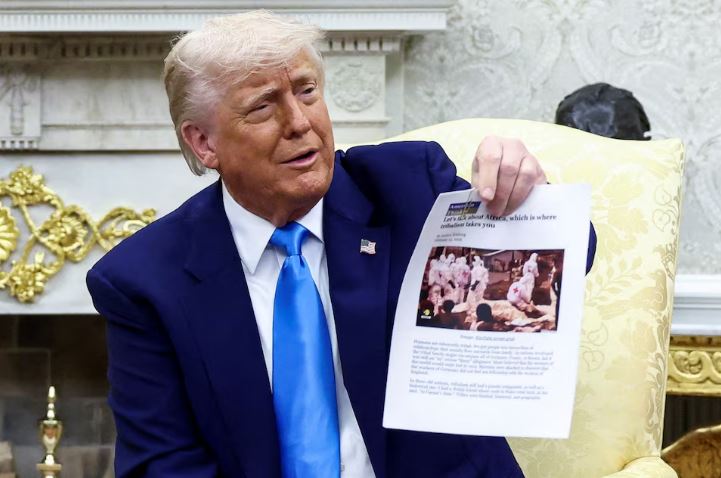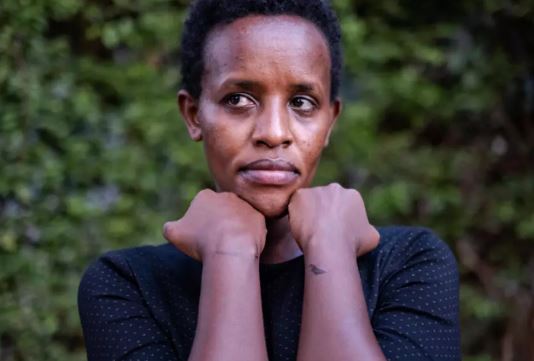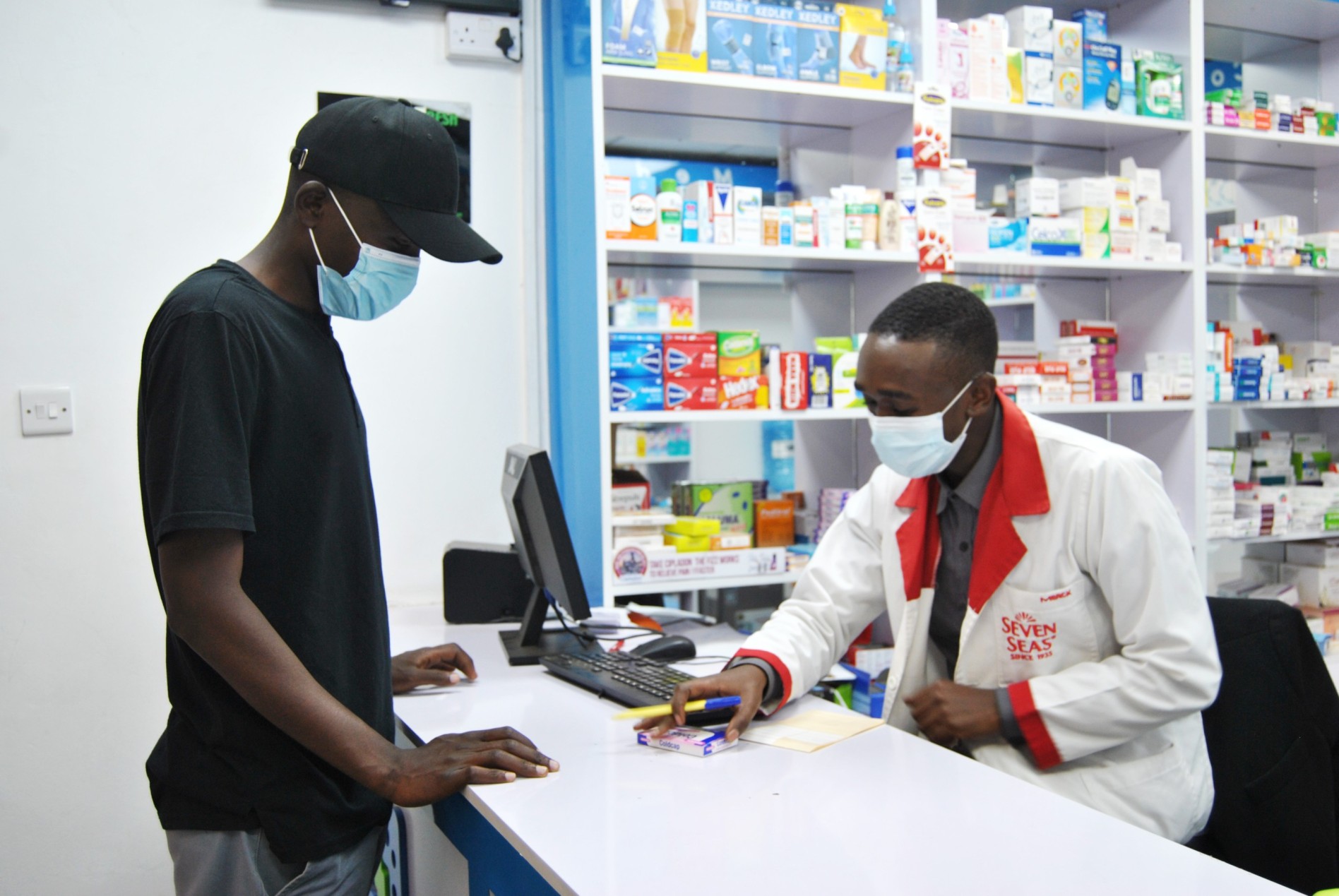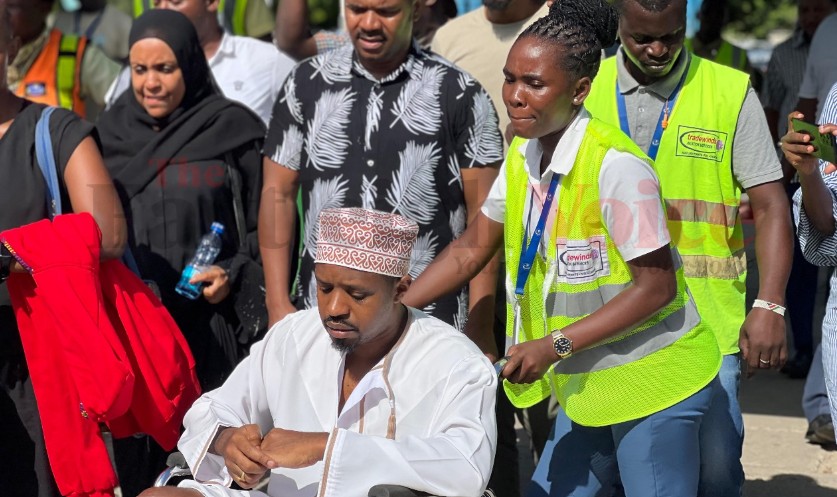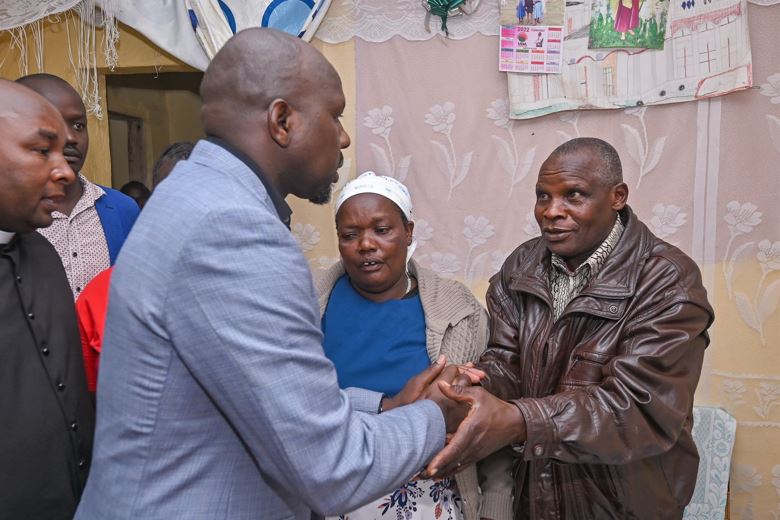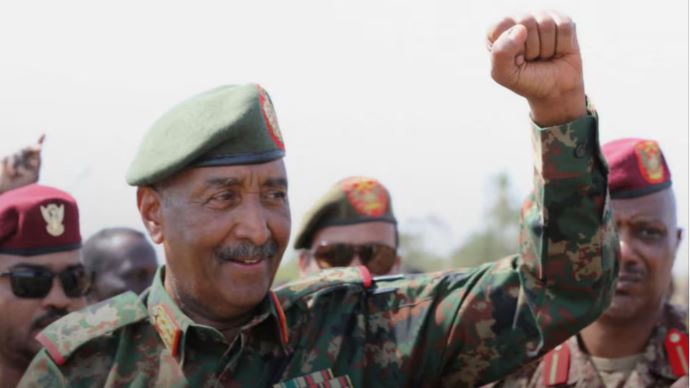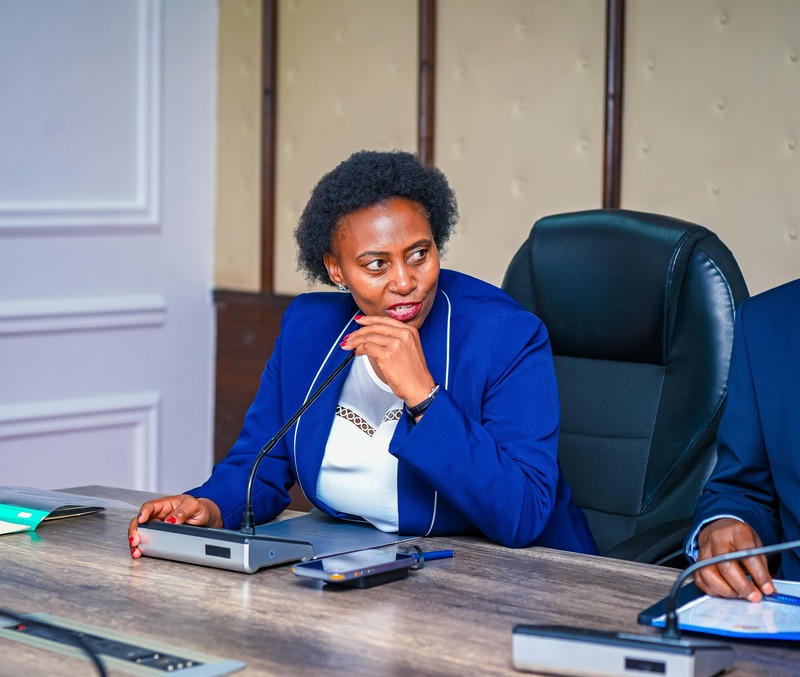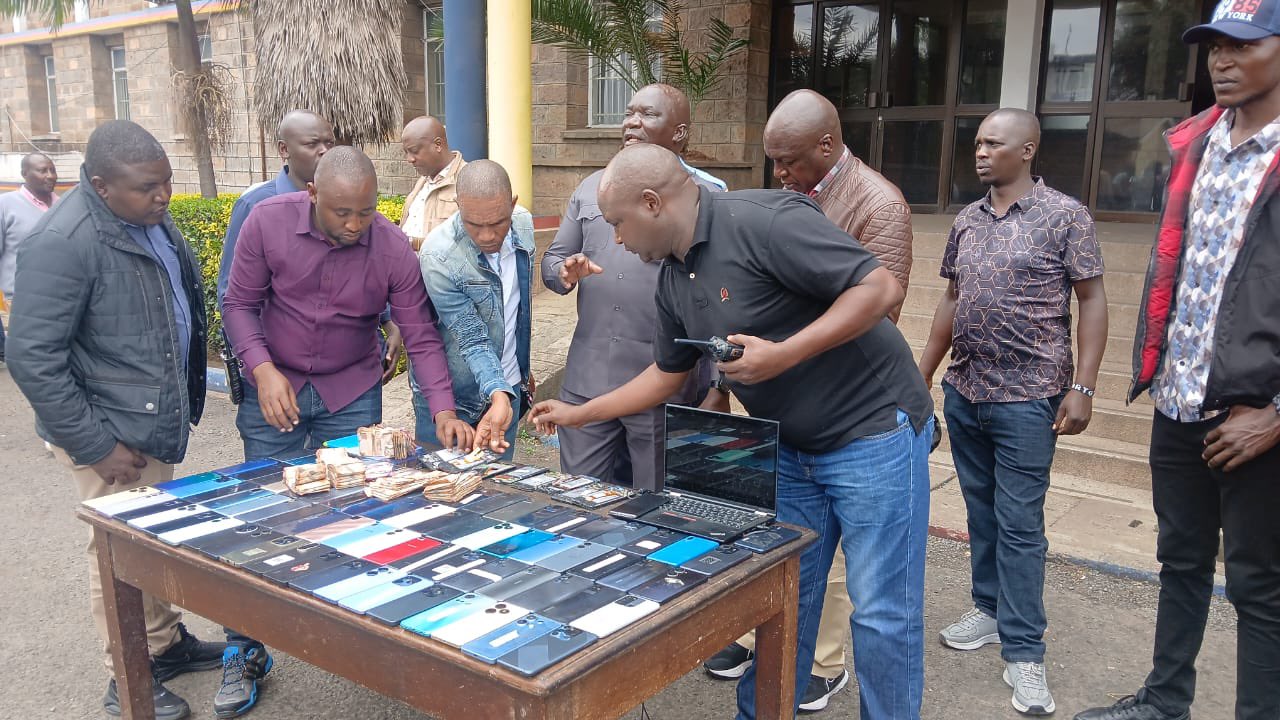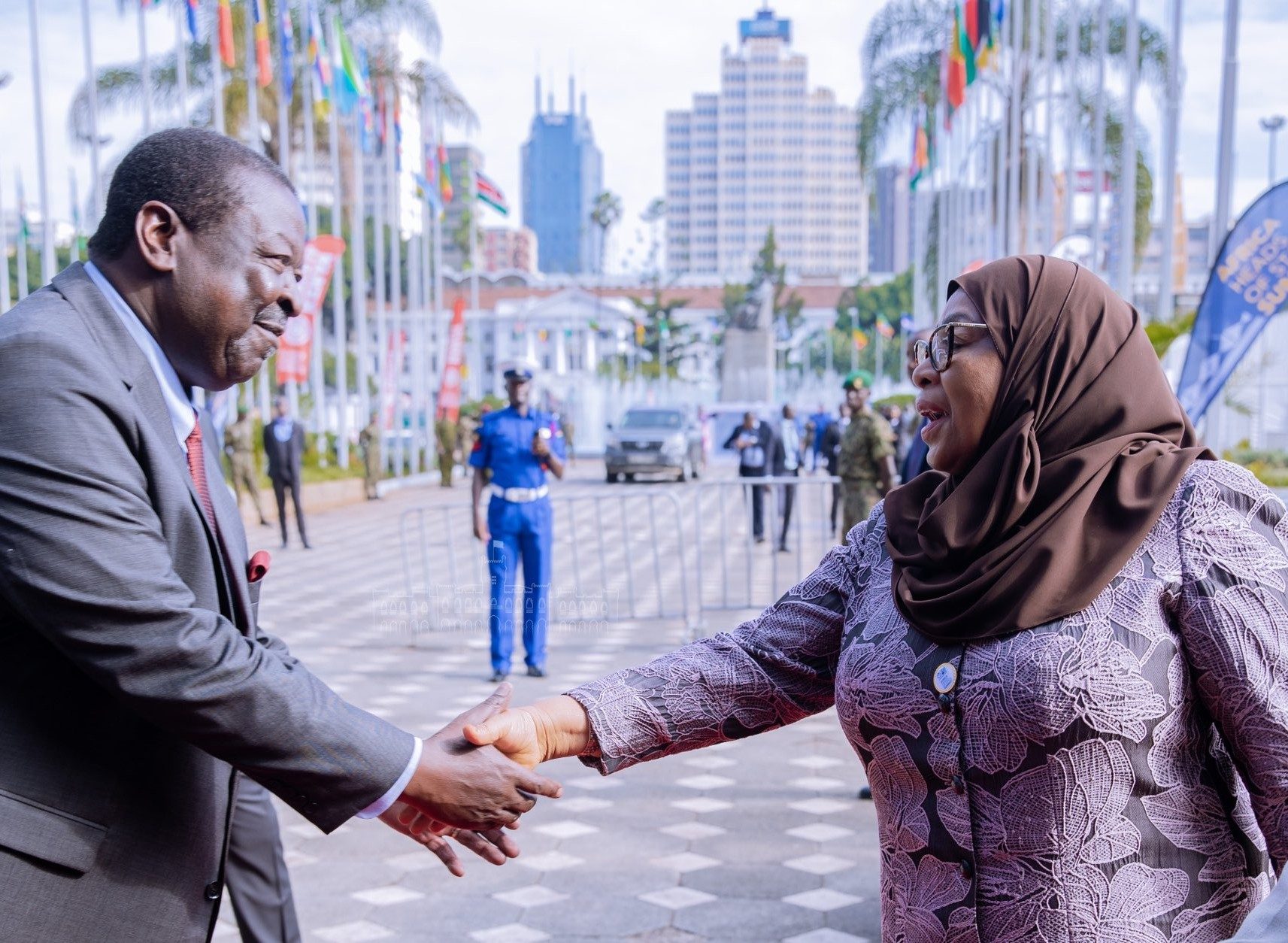I was stripped, beaten- Uganda activist Agather Atuhaire recounts ordeal in Tanzania as Amnesty demands probe
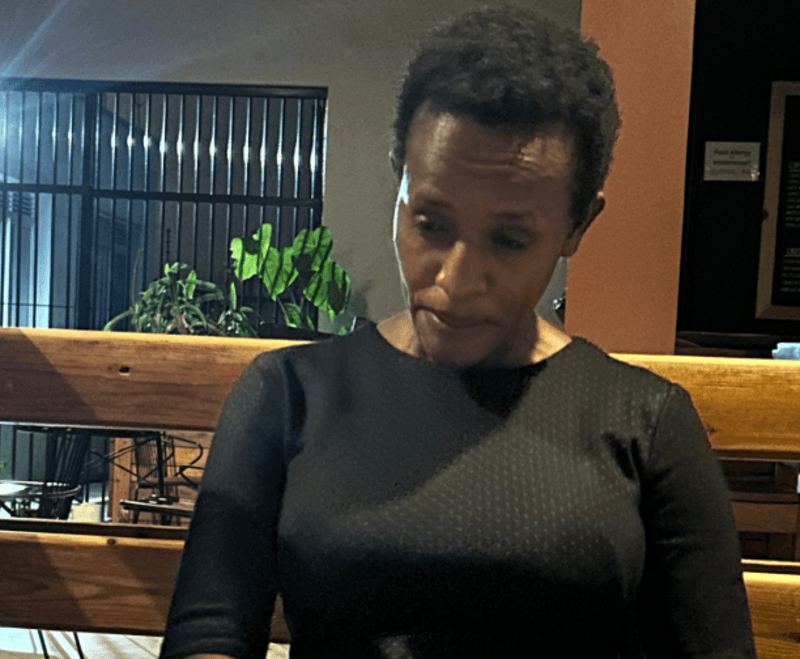
They were held incommunicado for days at an undisclosed location and reportedly subjected to severe beatings, torture, and humiliation by individuals believed to be part of the Tanzanian military.
When Ugandan activist Agather Atuhaire crossed into Tanzania, she didn’t expect to leave the country bruised, violated, and traumatised.
But on Thursday night, she was dumped at the Mutukula border, struggling to walk, her body aching from the torture she says she suffered at the hands of Tanzanian authorities.
More To Read
- US calls for probe into torture of activists Boniface Mwangi, Agather Atuhaire in Tanzania
- Kenya defends "quiet diplomacy" following Boniface Mwangi’s detention in Tanzania
- Tortured and left to crawl- activist Boniface Mwangi narrates his ordeal in Tanzania
- Ugandan journalist Agather Atuhaire finally freed after arrest in Tanzania
- Rights groups demand probe into alleged torture of activist Boniface Mwangi in Tanzania
- Uganda mounts diplomatic pressure over detention of activist Agather Atuhaire in Tanzania
They were arrested with Kenyan activist Boniface Mwangi, who was similarly released hours earlier at the Horohoro border. He had severe injuries, and he is currently being treated in a Nairobi hospital.
In a chilling account, Atuhaire described being stripped of her dignity and her clothes the moment she arrived in detention.
“When I got there, the first order was to take off my clothes. Before I did anything, there was someone who hit me on my back and another who violently took off my clothes. They threw me down and handcuffed me. They tried to put a sweater on my injured hands,” she narrated, adding that she had been raped.
She was then transported to another location. “My feet were hurting, I was screaming, and they gagged my mouth. They increased the volume of the music in the car. At first, I did not know what that was for until I heard Boniface scream. They had increased the volume so that I don’t hear him, but the pain they were inflicting on him was too much,” Atuhaire said.
Amnesty calls for probe
As a result, Amnesty International has called for an urgent investigation into the arrest, torture, and forced deportation of the two activists.
Mwangi and Atuhaire had arrived in Tanzania on May 18 to observe the trial of opposition leader Tundu Lissu but were arrested the next day at Dar es Salaam’s Serena Hotel.
They were held incommunicado for days at an undisclosed location and reportedly subjected to severe beatings, torture, and humiliation by individuals believed to be part of the Tanzanian military.
“For four days, these two human rights defenders were subjected to unimaginable cruelty. Their ordeal highlights the dangers faced by human rights defenders in Tanzania, and there must be accountability and justice. Amnesty International demands that effective investigations be opened immediately,” said Tigere Chagutah, Amnesty International’s Regional Director for East and Southern Africa.
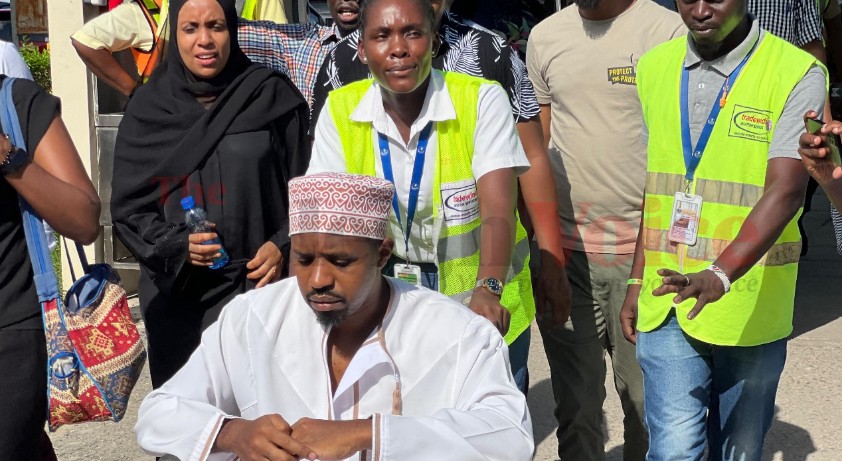 Activist Boniface Mwangi at Moi International Airport after his release on May 22, 2025. Human rights defenders demand an independent investigation into alleged torture following his recent detention in Tanzania, where he was found with visible injuries. (Photo: Farhiya Hussein)
Activist Boniface Mwangi at Moi International Airport after his release on May 22, 2025. Human rights defenders demand an independent investigation into alleged torture following his recent detention in Tanzania, where he was found with visible injuries. (Photo: Farhiya Hussein)
Their release came after pressure from civil society groups and intervention by Kenyan and Ugandan foreign ministries.
Mwangi was found at the Kenya-Tanzania border on May 22, and Atuhaire at the Tanzania-Uganda border on May 23. Both appeared severely beaten.
Amnesty criticised remarks by Tanzanian President Samia Suluhu Hassan, who described human rights defenders entering Tanzania as “foreign agents” and called for a crackdown.
“Trial observation is central to the transparency of court processes and guarantees of fair trials and is not a threat to security. President Samia’s remarks and actions by authorities in Tanzania send a chilling message aimed at further stifling freedom of expression and association,” Chagutah said.
Calls for action
Back in East Africa, Atuhaire’s testimony has triggered widespread outrage.
“We demand that the people who subjected them to this torture be held accountable, including those directing these crimes, which have proven to be a directive of Suluhu Hassan,” Nungi Githuku, an activist, said.
Hussein Khalid, CEO of Vocal Africa, warned that such state brutality must be resisted. “Hatutakubali udhalimu kukita mizizi katika maeneo ya Afrika Mashariki. Na kwa Waafrika wote huu ni wakati wa kusimama imara na kusema hatutatumiwa tena (We will not allow oppression to take root in East Africa. And to all Africans, this is the time to stand firm and say we will no longer be used."
Other activists pointed to deeper political suppression in the region. “The ruling class in East Africa are solidly together to oppose any uprising that might overthrow them,” said Booker Omole, secretary general of CPM-K.
Wiper leader Kalonzo Musyoka called for stronger protection of human rights across the region. “The world has become a village when it comes to human rights. Human rights are universal.”
People’s Liberation Party leader Martha Karua has formally written to continental bodies, including the African Union, demanding immediate action against the Tanzanian government over the treatment of the two activists.
Amnesty International has also expressed deep concern over the growing crackdown on dissent in Tanzania ahead of elections scheduled for October 2025.
It cited the targeting of human rights defenders, civil society, and independent media.
“They must publicly recognise the critical role played by civil society, human rights defenders and independent media in protecting human rights and ensuring accountability,” Chagutah added.
Amnesty linked the crackdown to the trial of opposition leader Tundu Lissu, who is facing charges of treason and other offences related to social media posts.
Supporters attempting to attend his court sessions were violently dispersed, with over 20 people reportedly beaten and dumped in a forest. The group also reported cases of sexual assault by police during the crackdown.
Top Stories Today
